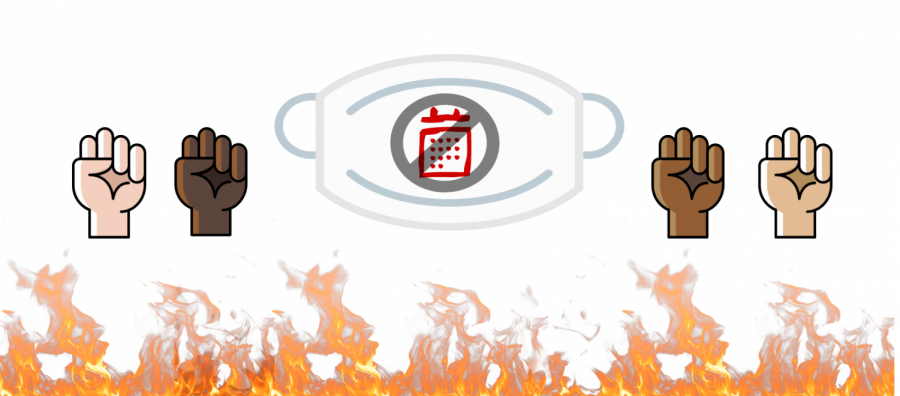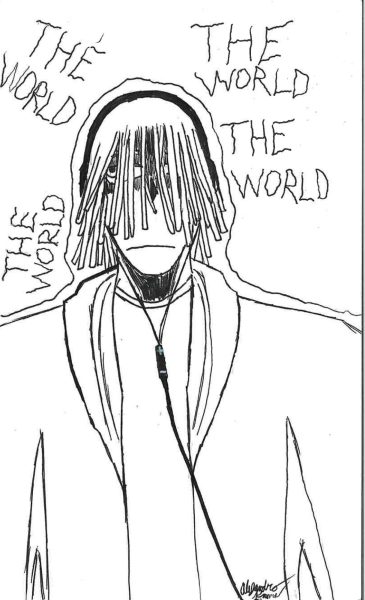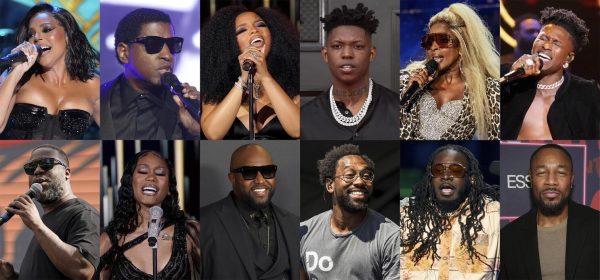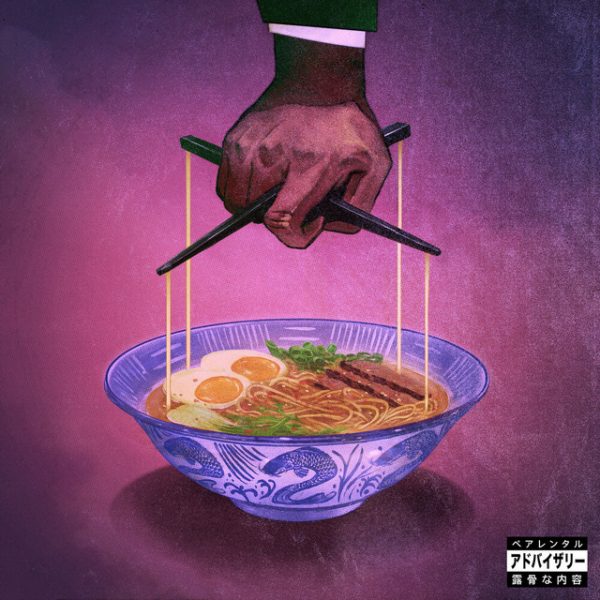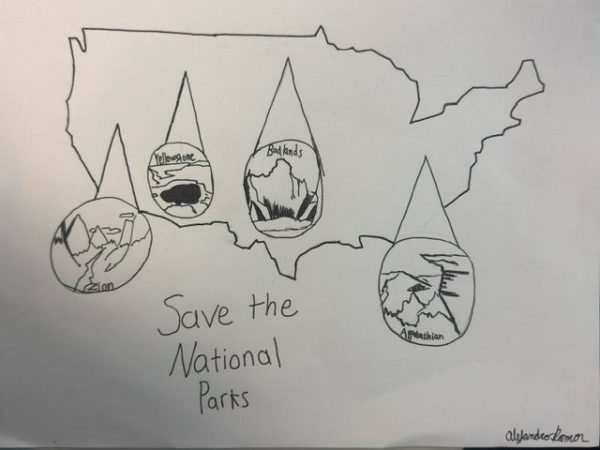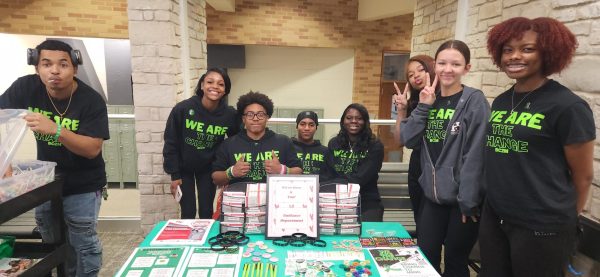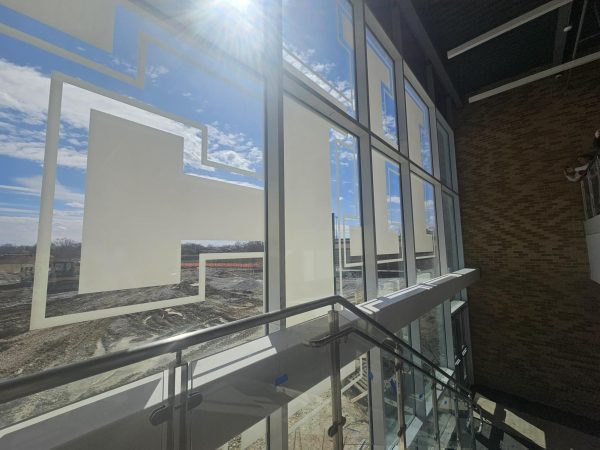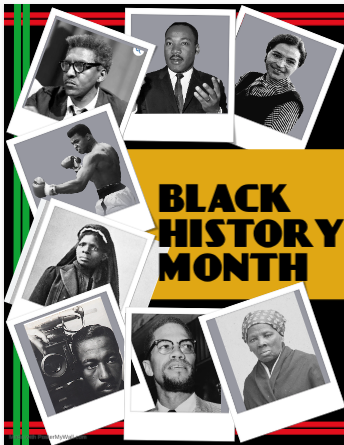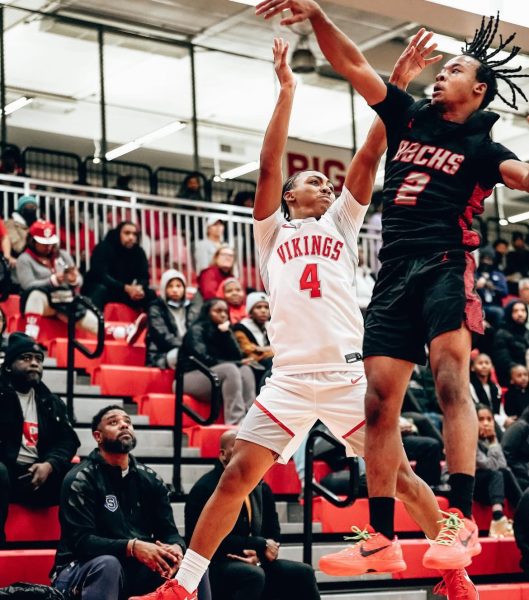The Problem Isn’t 2020. It’s Us.
Lately, social media is bursting with expressions of excitement for Jan. 1, 2021. David Hogg, student activist, tweets, “I’m so tired of this year,” and twitter user Nick Knudsen writes “I’m going to enjoy sending 2020 on its merry way.” On Tumblr, just searching “2020” will lead you to a plethora of memes about how awful this year has been, and Avenue Beat’s hit song “F2020” has nearly 14 million streams on Spotify alone.
But even though 2020 might feel particularly hellish, our current problems aren’t because of the calendar.
For example, the coronavirus pandemic—the conflict that’s shaped our year—was already spreading in Wuhan in late 2019. And 2020 doesn’t account for our government’s severe inability to control it: that credit belongs to the 2016 election. President Trump promised to simplify government, and that’s exactly what he did: two years ago, he disbanded the pandemic unit of the National Security Council, leaving the U.S. profoundly unequipped to respond to one.
Furthermore, the acts of police brutality dominating the headlines are just another facet of the systematic oppression black people in this country have faced for a very, very long time. In fact, some of the South’s earliest police forces were established solely for the capture and return of enslaved persons.
The civil unrest that follows well-known acts of police brutality aren’t new, either. Remember Ferguson? That was six years ago. In 2009, the police shooting of Oscar Grant sparked protests in Oakland, California, and the unrest after the beating of Rodney King is nearing its thirty-year anniversary.
Plus, the increased frequencies of hurricanes, like Hurricane Laura, and wildfires, such as the ones currently plaguing California, aren’t punishments sent by the gods but direct effects of climate change. The greenhouse effect, or how CO₂ emissions contribute to climate change, was first studied in 1896— one hundred and twenty-four years ago!
But blaming our issues on 2020 isn’t only technically incorrect: it also fails to hold the right people accountable. It doesn’t recognize the coronavirus pandemic as something that, if handled properly by the government, could be well under control, and it certainly undermines the four-hundred year struggle of black people in this country. Nor does it acknowledge climate change as the enduring crisis it is.
Attributing these problems to 2020—however casual your comment might be— only helps the ineffective systems that create them.
So while the New Year usually means a fresh start, our struggles will endure past the ball drop. But there’s still time for a more prepared administration, protests and policy changes. I won’t be celebrating any calendar. I hope to be celebrating positive change— and what we can accomplish when we hold our governments accountable.

